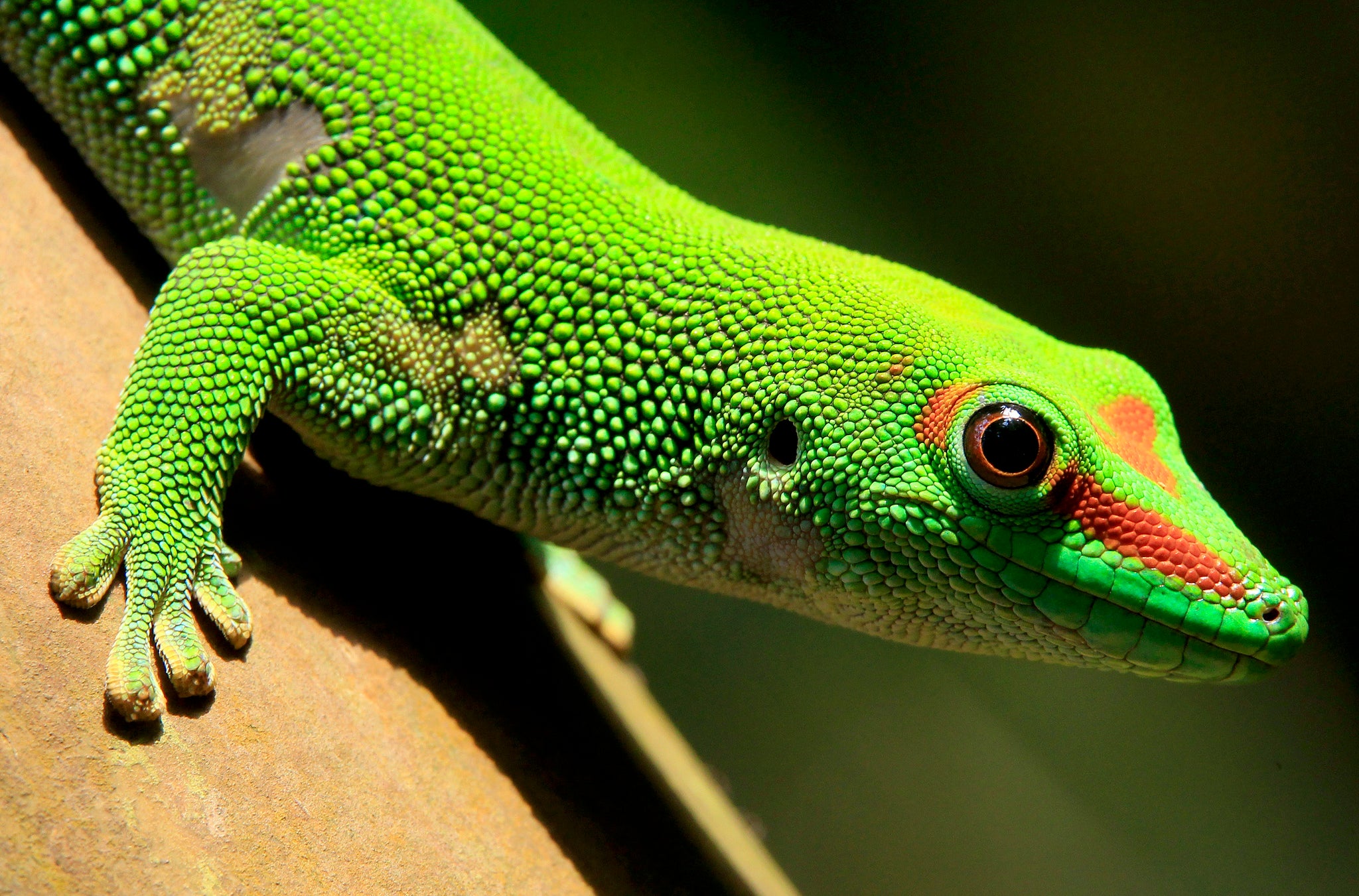Satellite full of sexually experimental geckos adrift in space, Russia loses control of mission
The Foton-M4 and its cargo of five geckos could be lost for good unless scientists regain control of the craft before its scheduled re-entry in September
Your support helps us to tell the story
From reproductive rights to climate change to Big Tech, The Independent is on the ground when the story is developing. Whether it's investigating the financials of Elon Musk's pro-Trump PAC or producing our latest documentary, 'The A Word', which shines a light on the American women fighting for reproductive rights, we know how important it is to parse out the facts from the messaging.
At such a critical moment in US history, we need reporters on the ground. Your donation allows us to keep sending journalists to speak to both sides of the story.
The Independent is trusted by Americans across the entire political spectrum. And unlike many other quality news outlets, we choose not to lock Americans out of our reporting and analysis with paywalls. We believe quality journalism should be available to everyone, paid for by those who can afford it.
Your support makes all the difference.Russian scientists have lost contact with an experimental satellite filled with geckos that was to be the focus of new research on animal sex in zero-gravity.
The Foton-M4 spacecraft was launched from Kazakhstan's Baikonur Cosmodrome on 19 July and made several orbits of the planet before it stopped responding to commands from Roscosmos, Russia’s Federal Space Agency.
"So, there is only one-way communication," a spokesperson for mission control was quoted as saying by news agency ITAR-Tass, adding that engineers were looking to fix the problem in case life systems were disrupted, killing the creatures on board.
The five geckos on the Foton-M4 – four female and one male – were launched into space for a 60-day flight to find out about the effects of weightlessness on the creatures’ sex lives.

Oleg Voloshin, a spokesperson for the company running the experiment, confirmed that this part of the mission has already begun and that other experiments on board – including a project to grow pure crystals to be used in advanced semi-conductors – were also in working order.
The satellite is the latest in the Russian Foton-M series to be launched into space. The first launch in 2001 failed, tragically falling back to Earth and killing 20-year-old soldier Ivan Marchenko, while the second successfully proved in 2004 the lichen could survive in space for 14 days.
The third Foton-M craft was launched in 2007 and provided a temporary home to geckos, newts, snails and Mongolian gerbils. The satellite spent 12 days in orbit before safely returning to Earth, with a study of the creatures noting that the gerbils had “moved chaotically” in space.
Landing of the Foton-M4 was originally scheduled for September, although scientists will have to regain control of the craft if it is to be safely landed in southern Russia.
Join our commenting forum
Join thought-provoking conversations, follow other Independent readers and see their replies
Comments